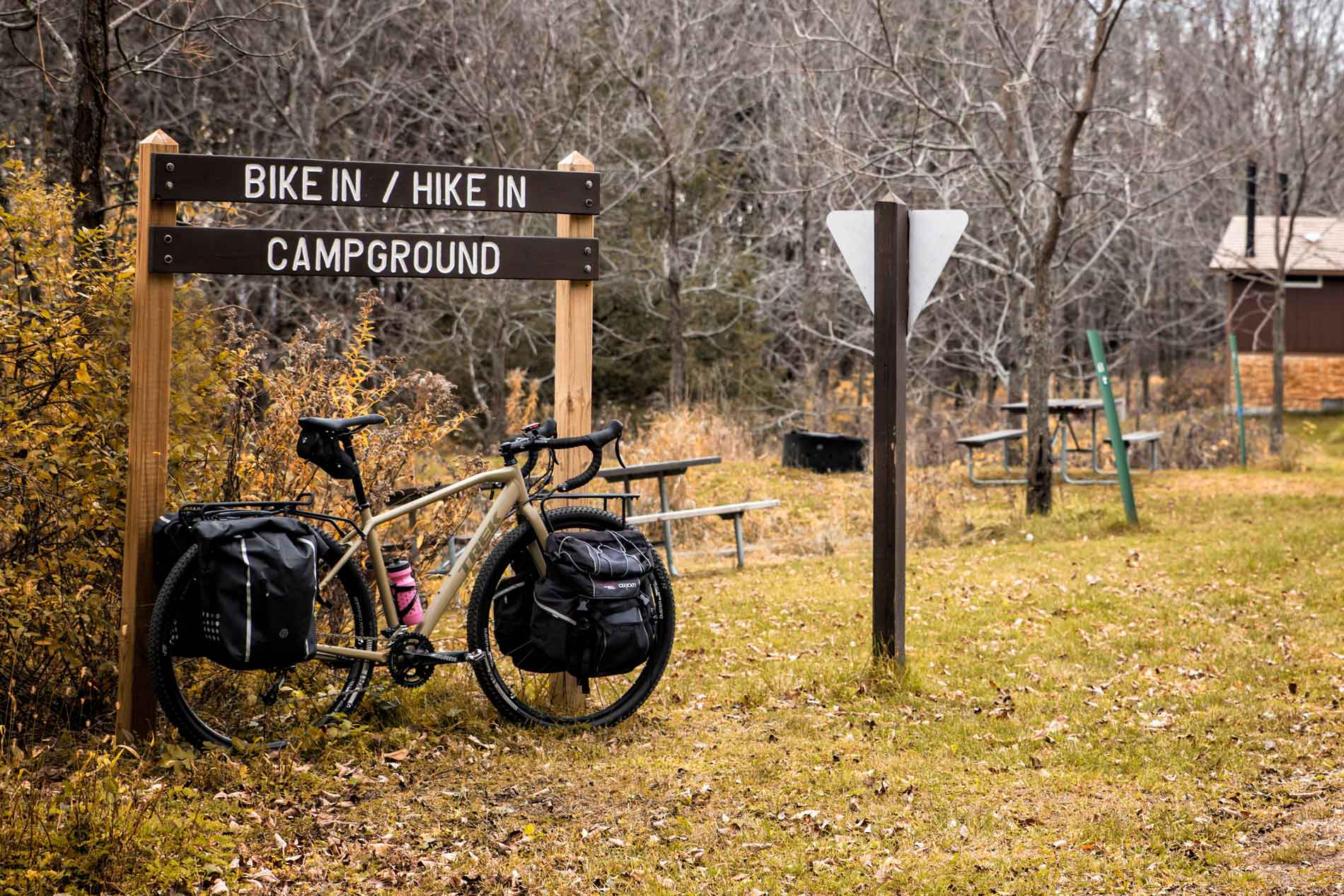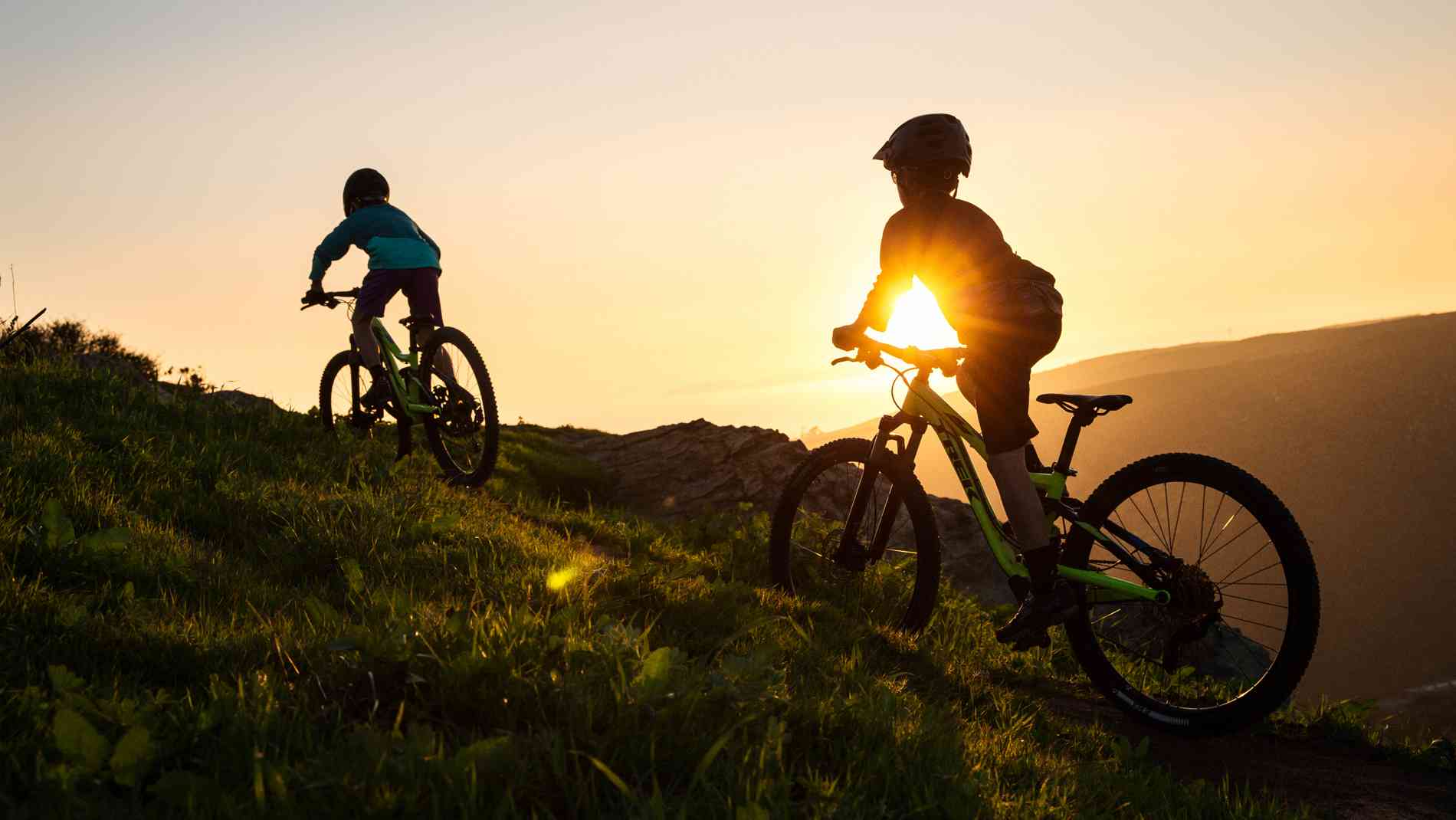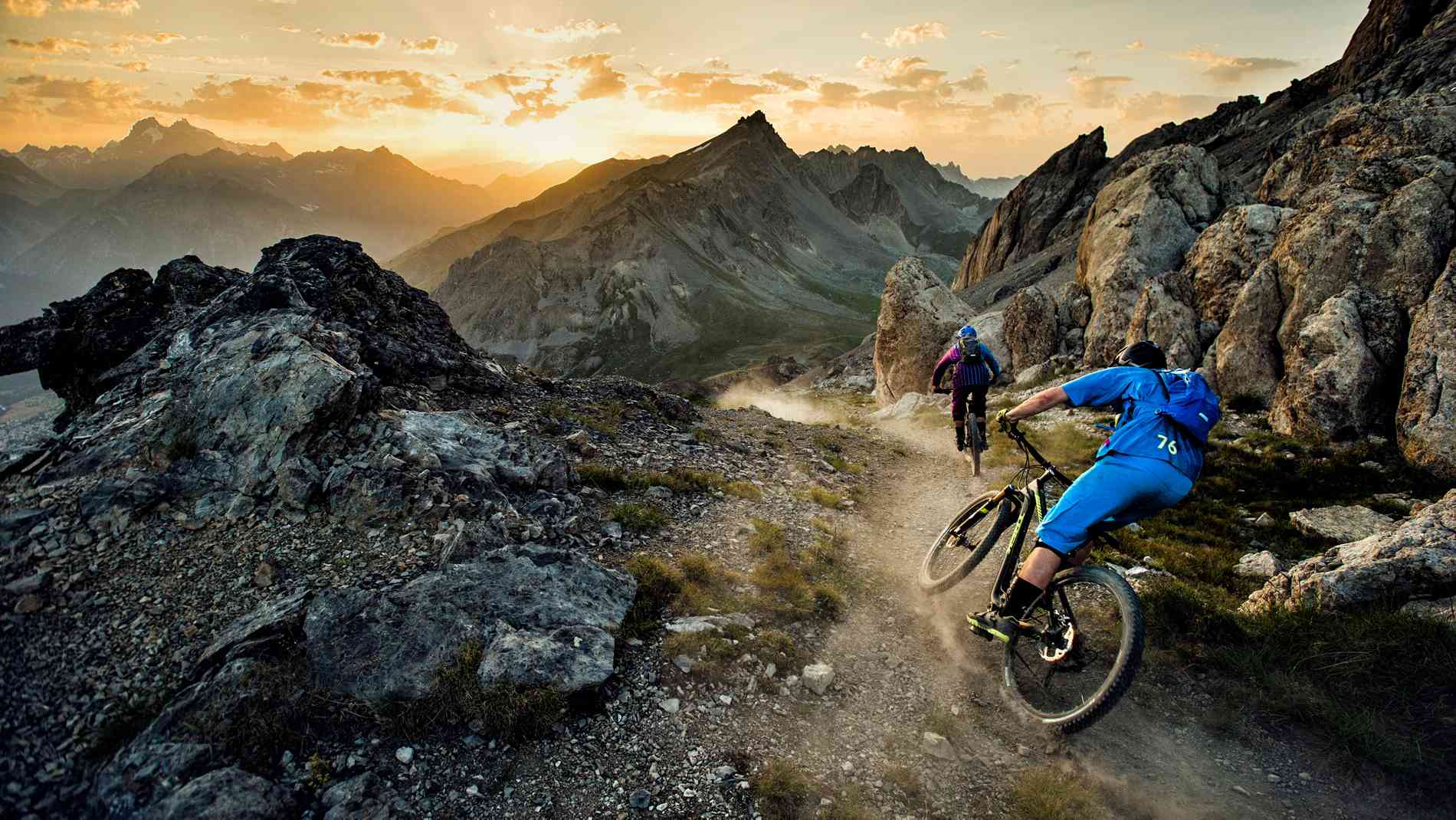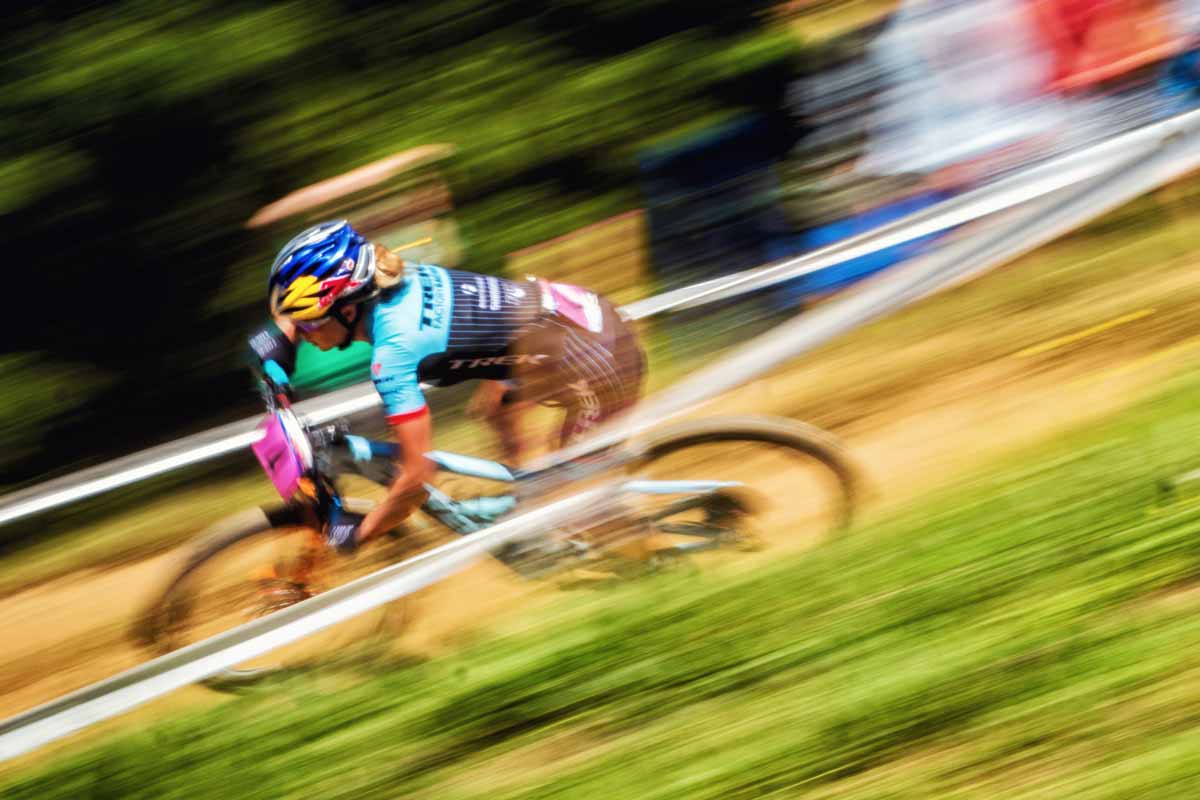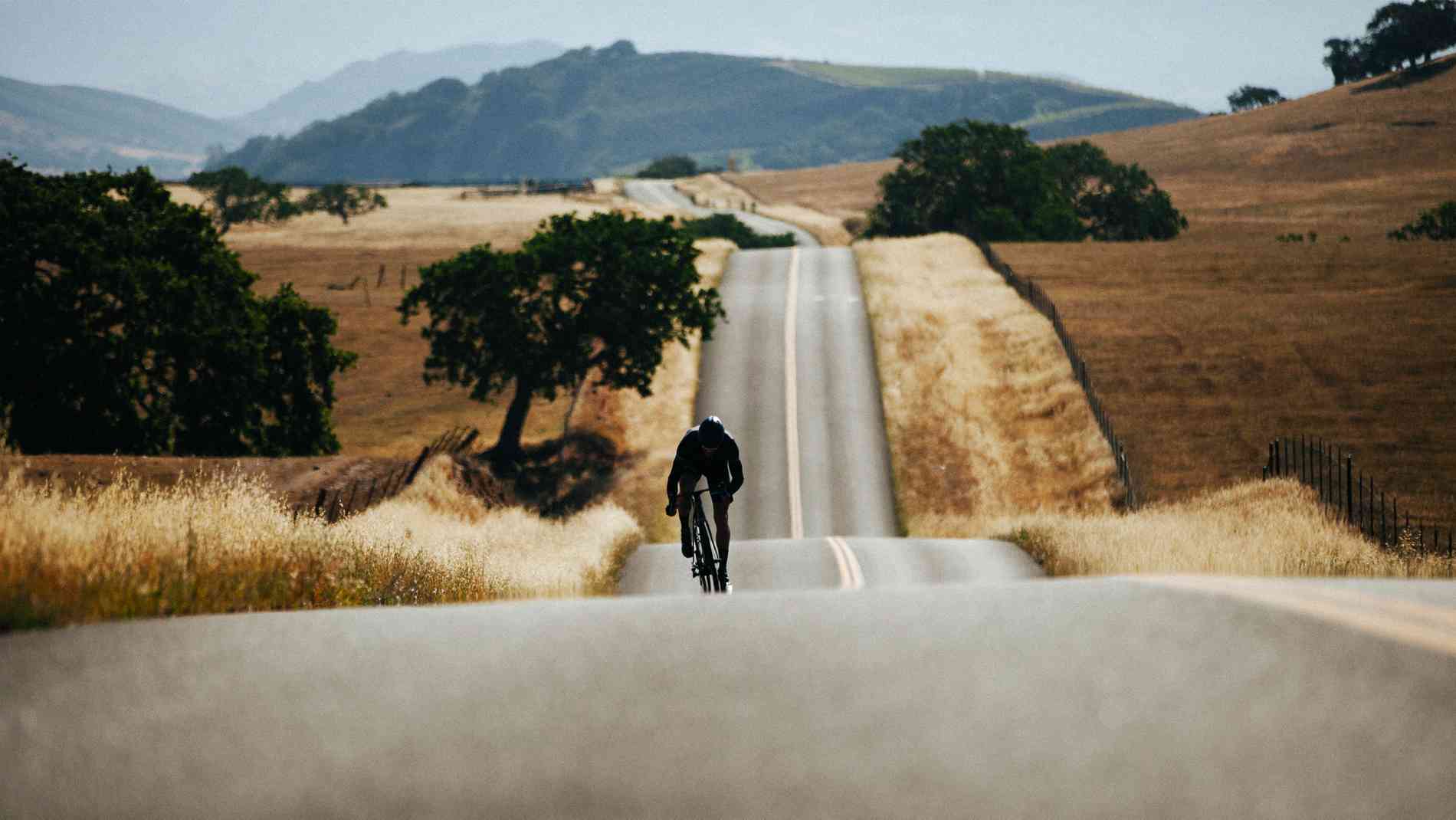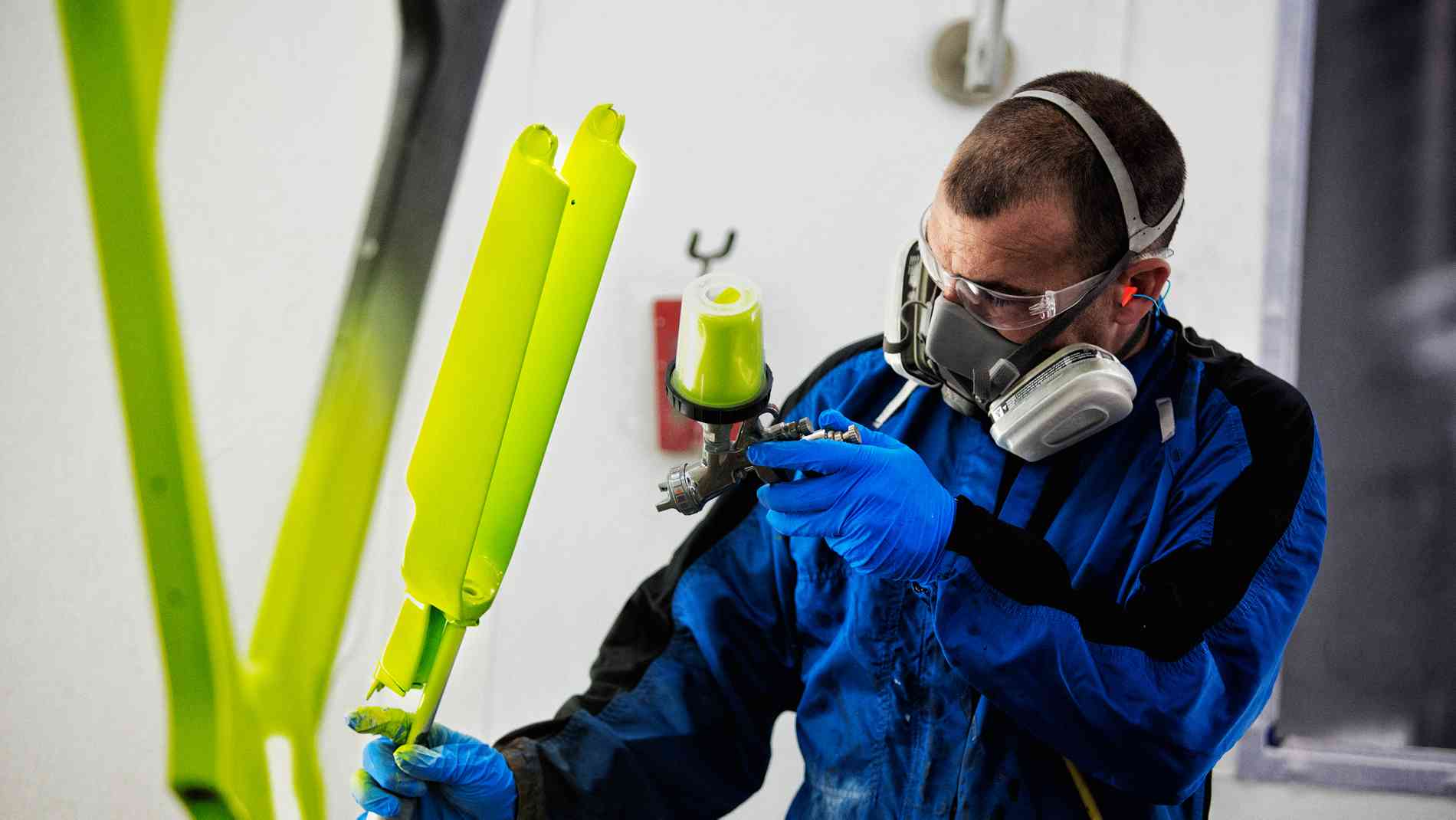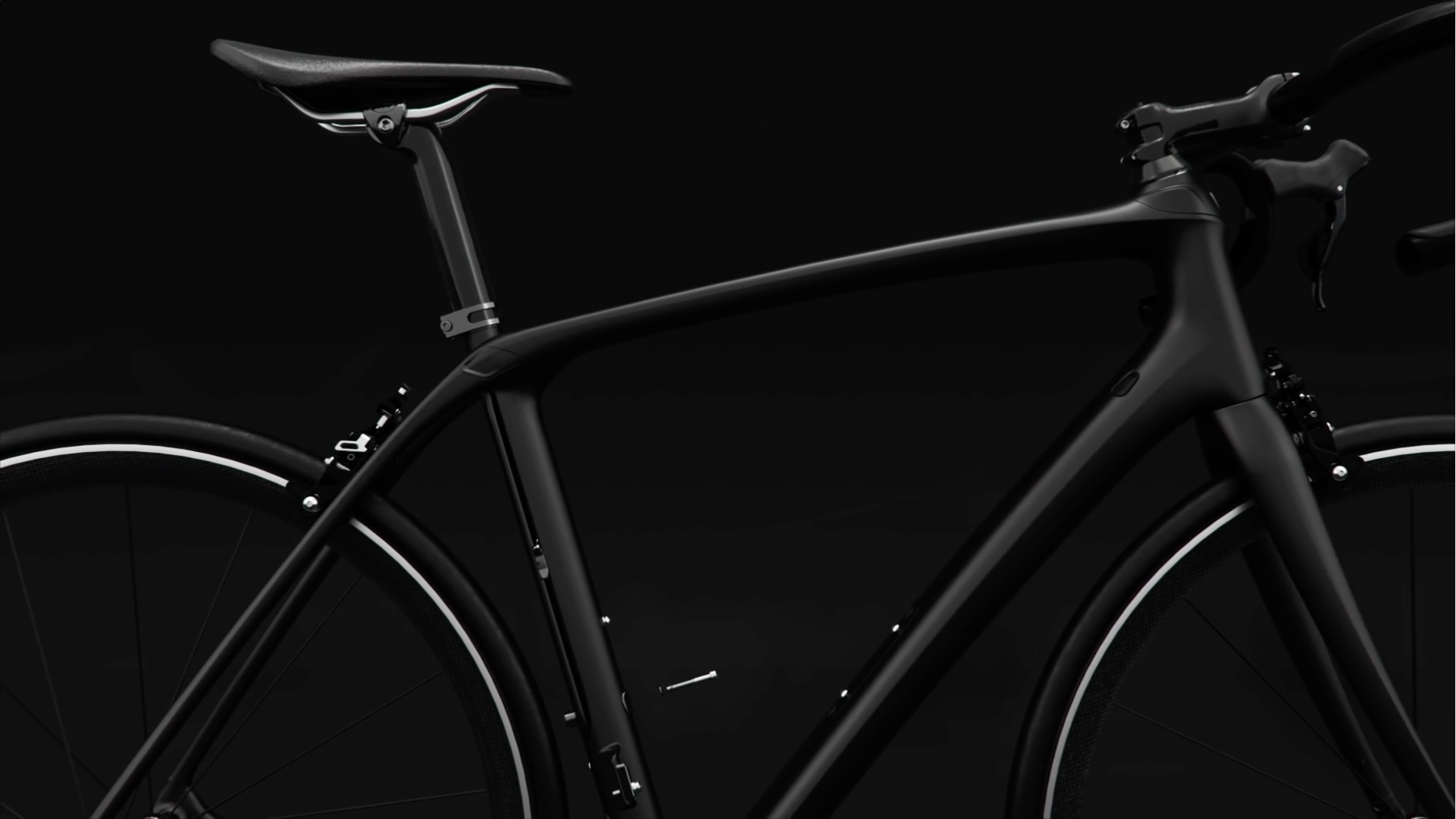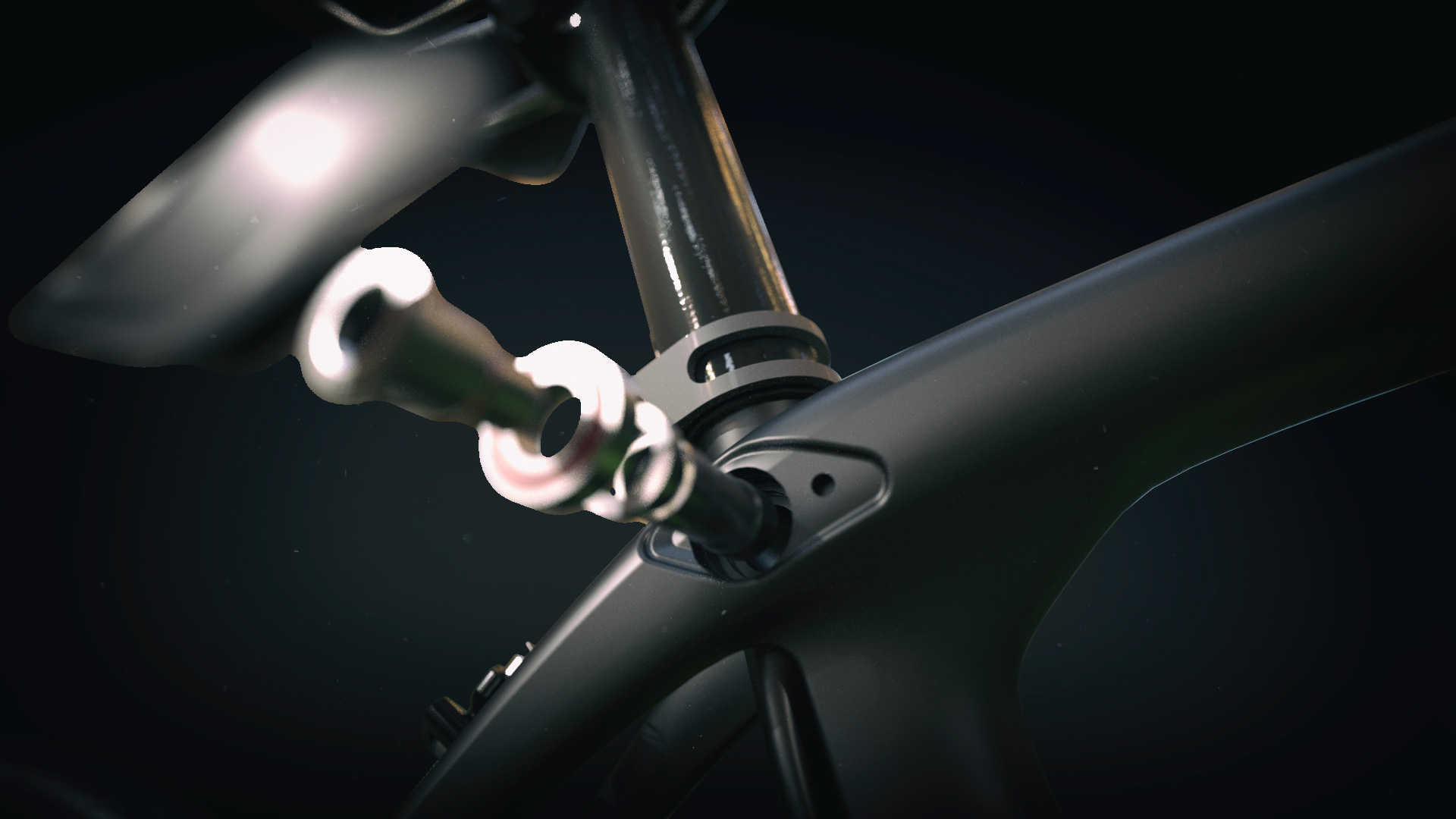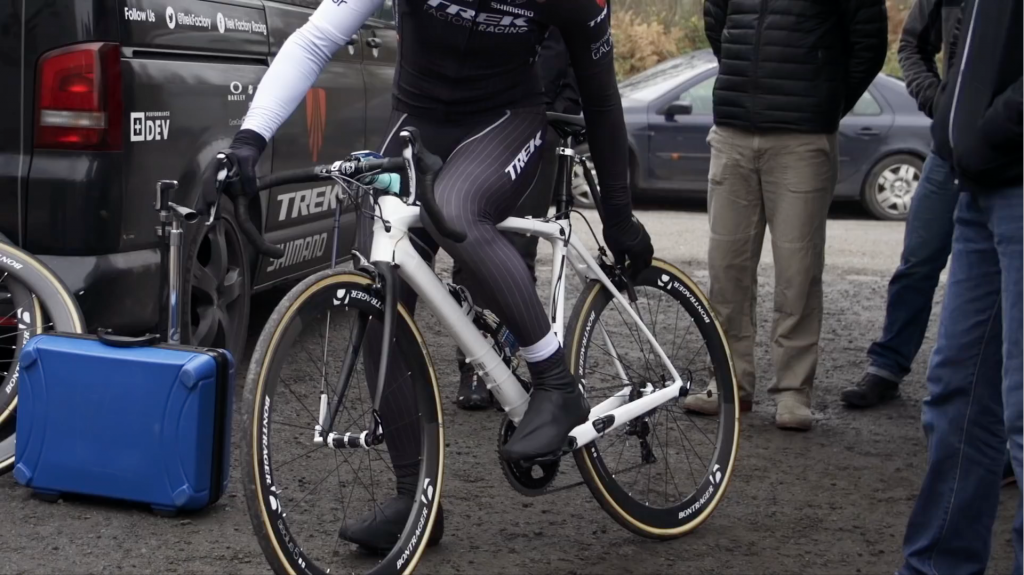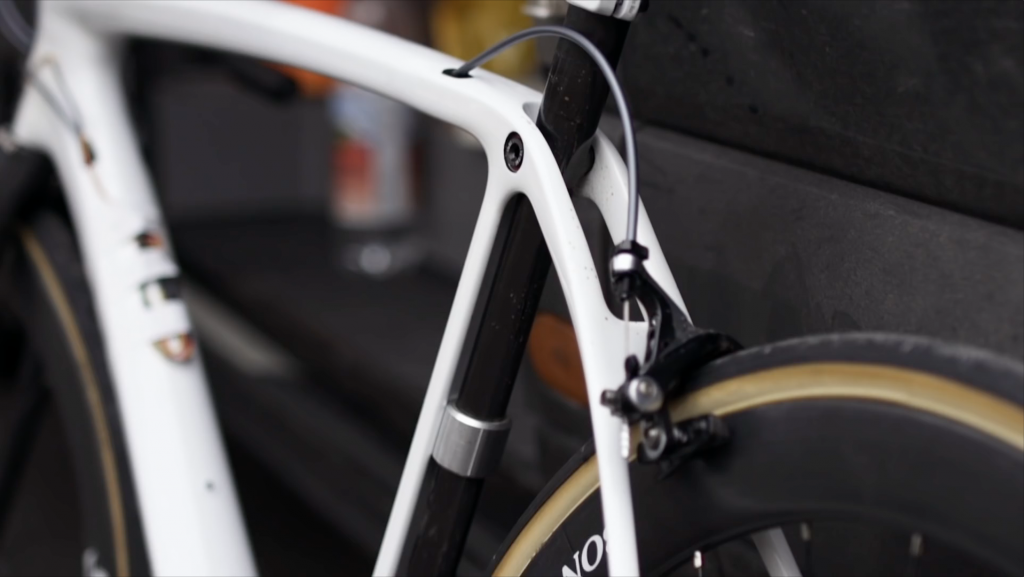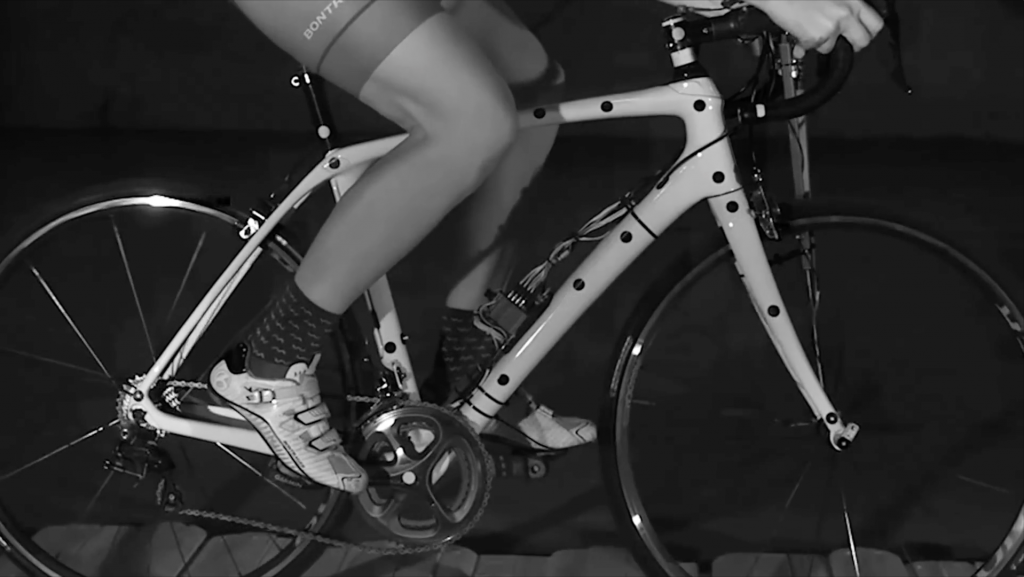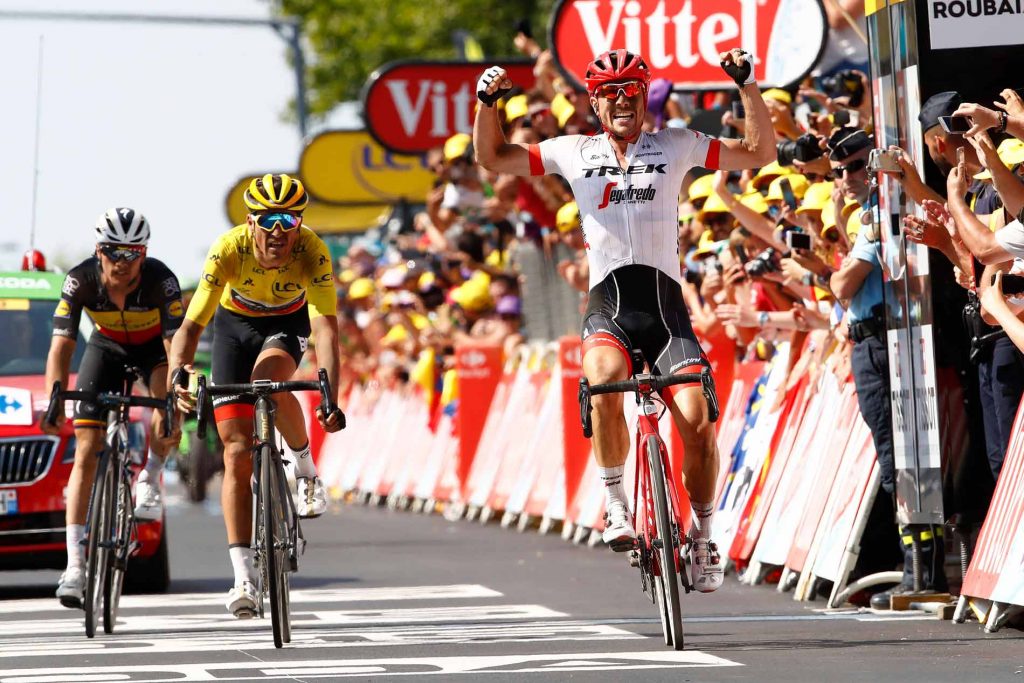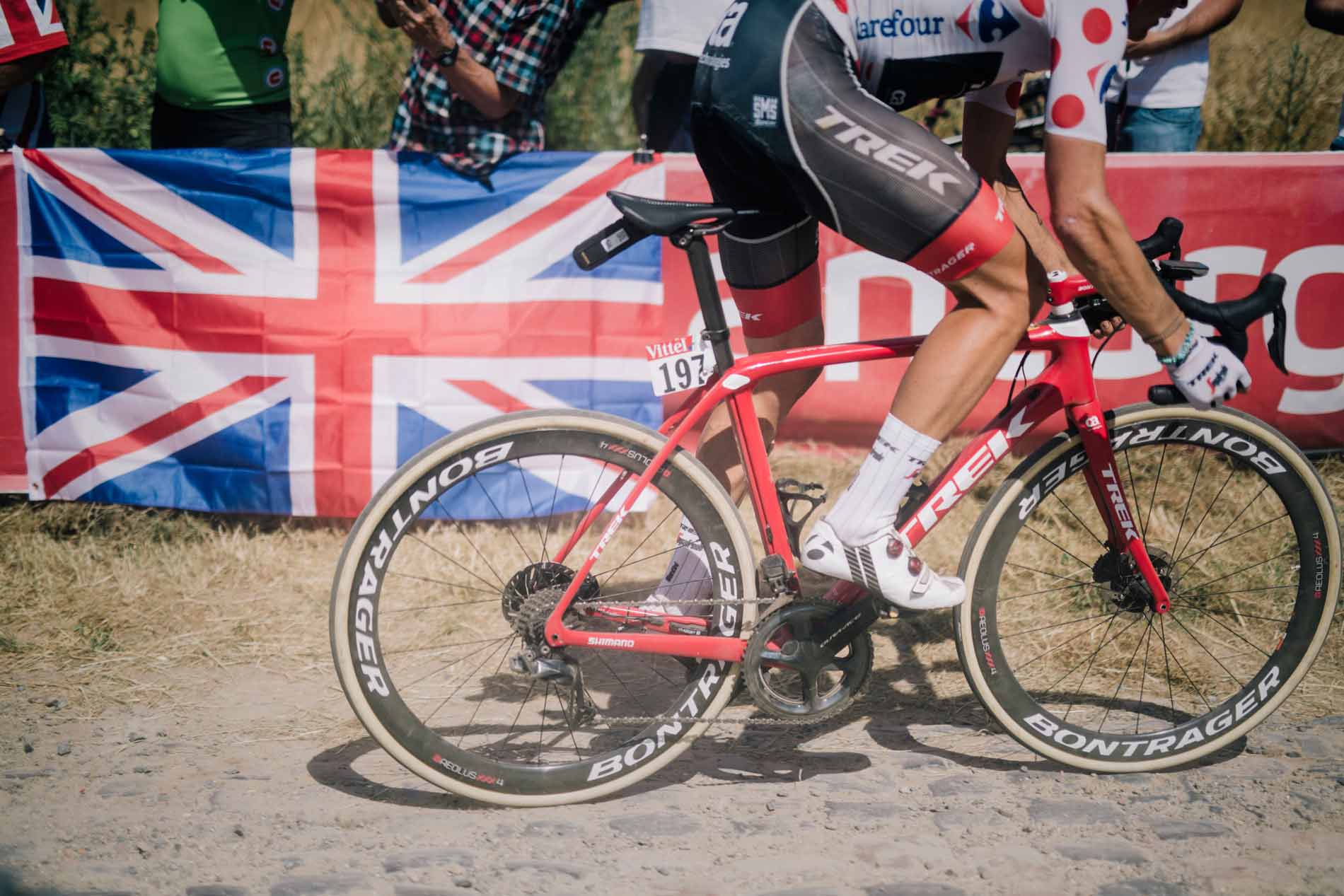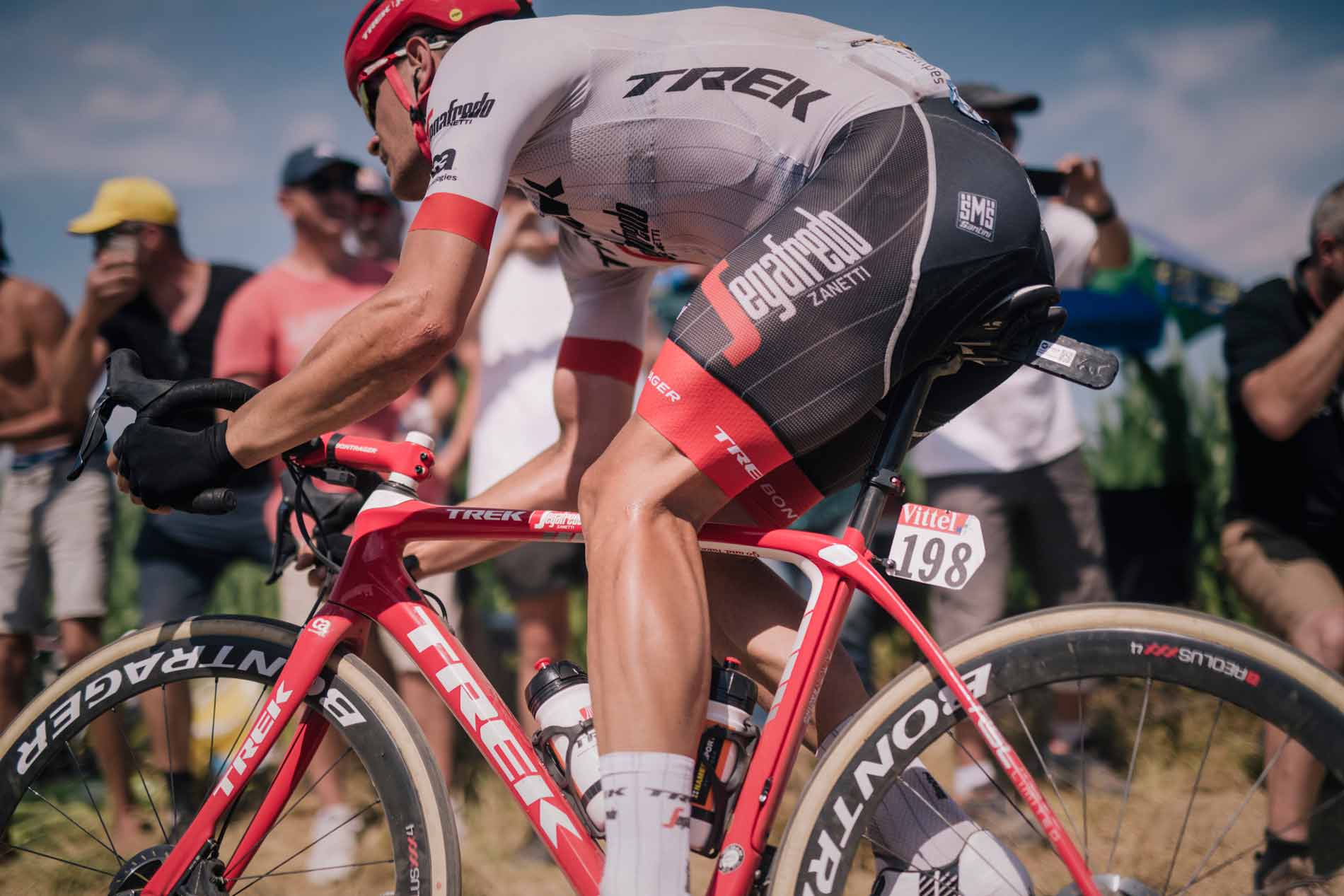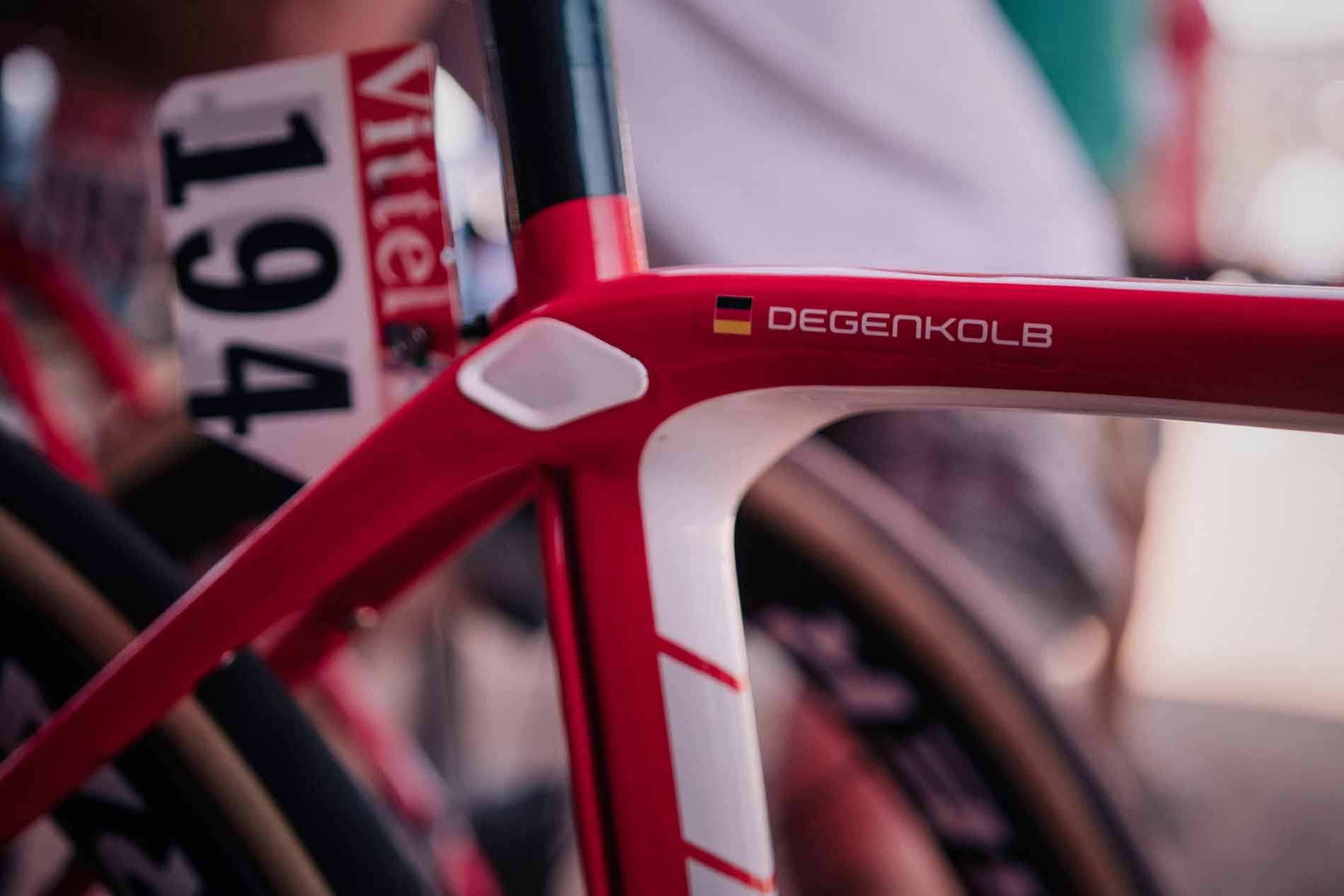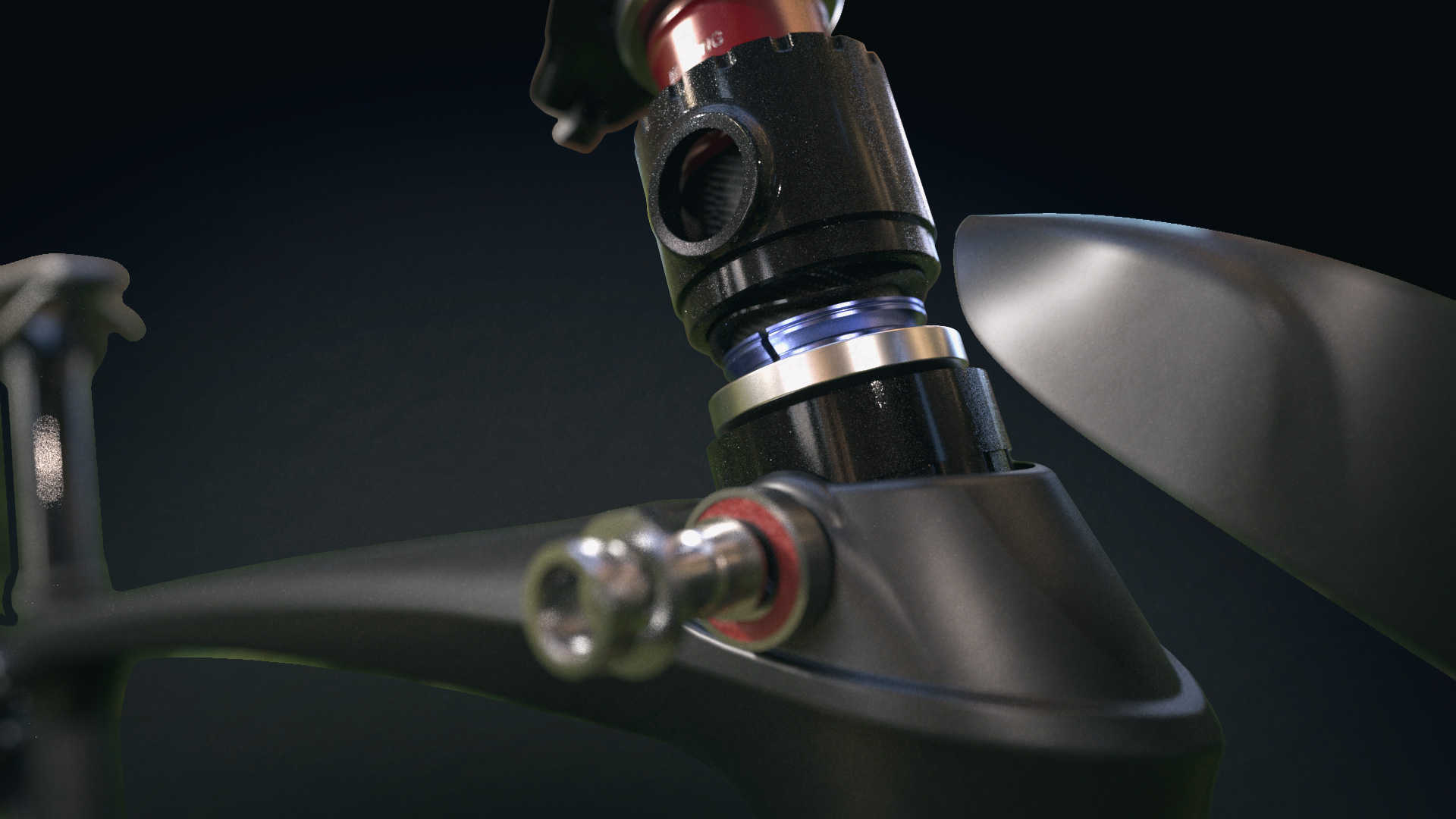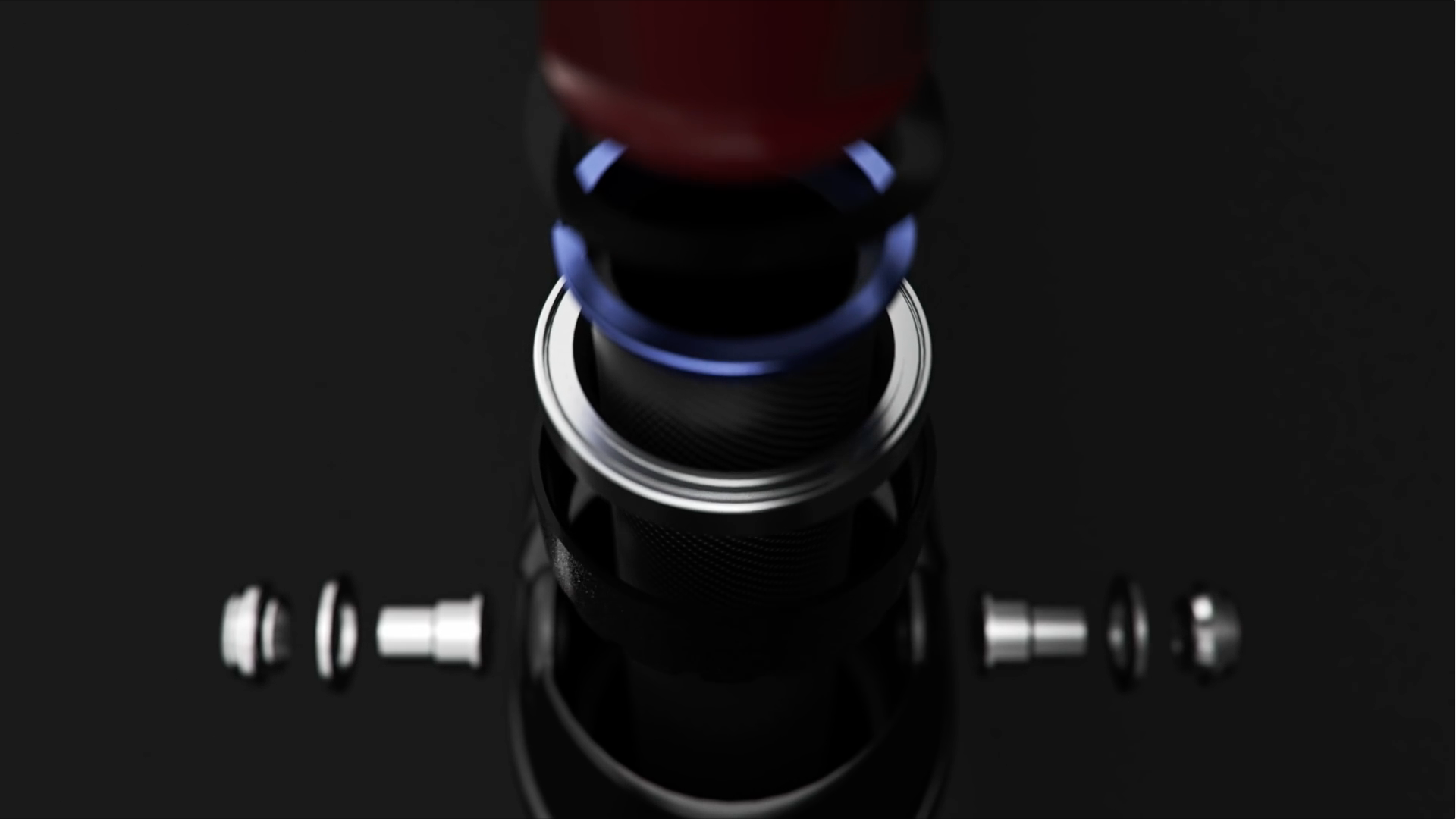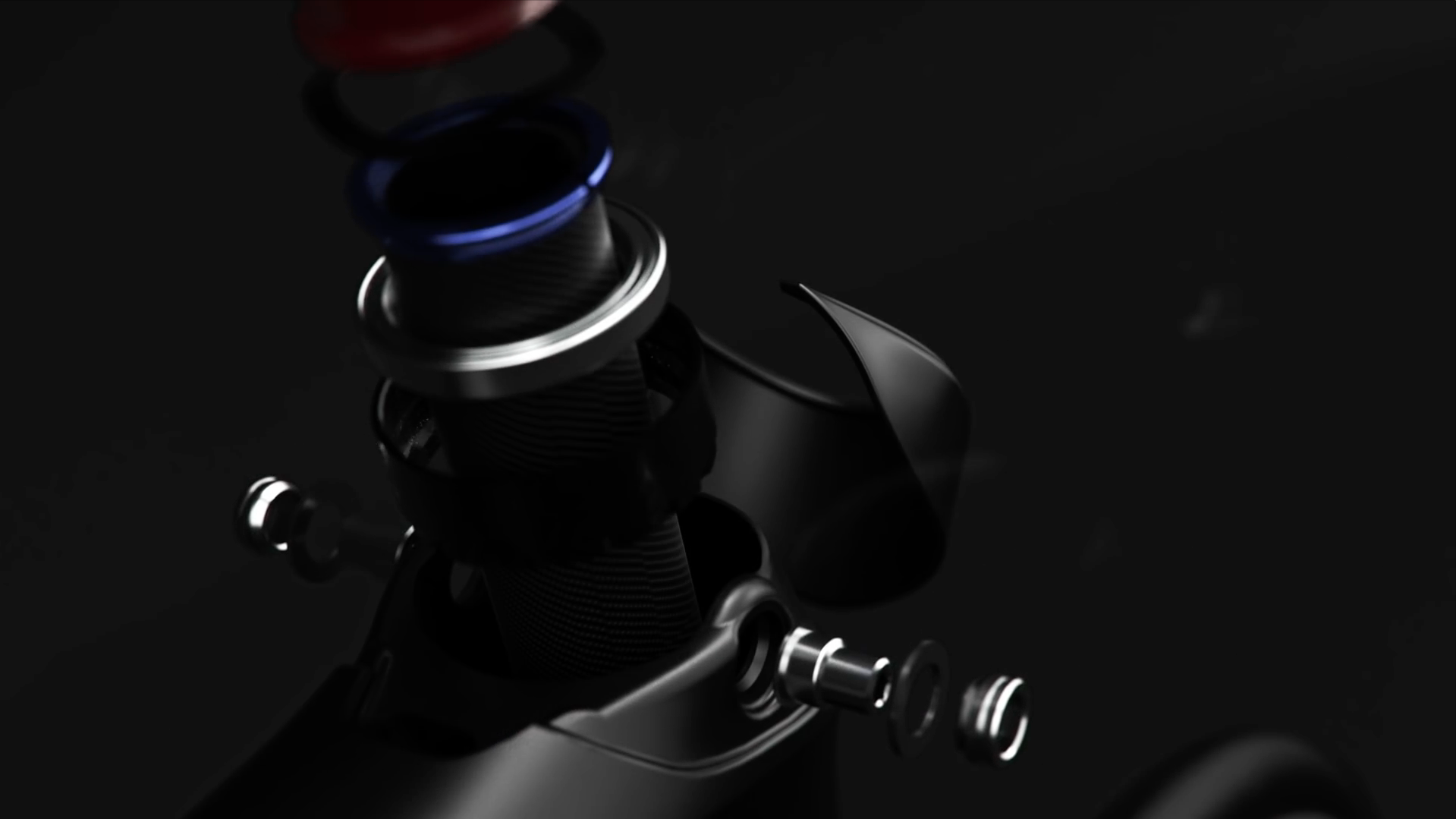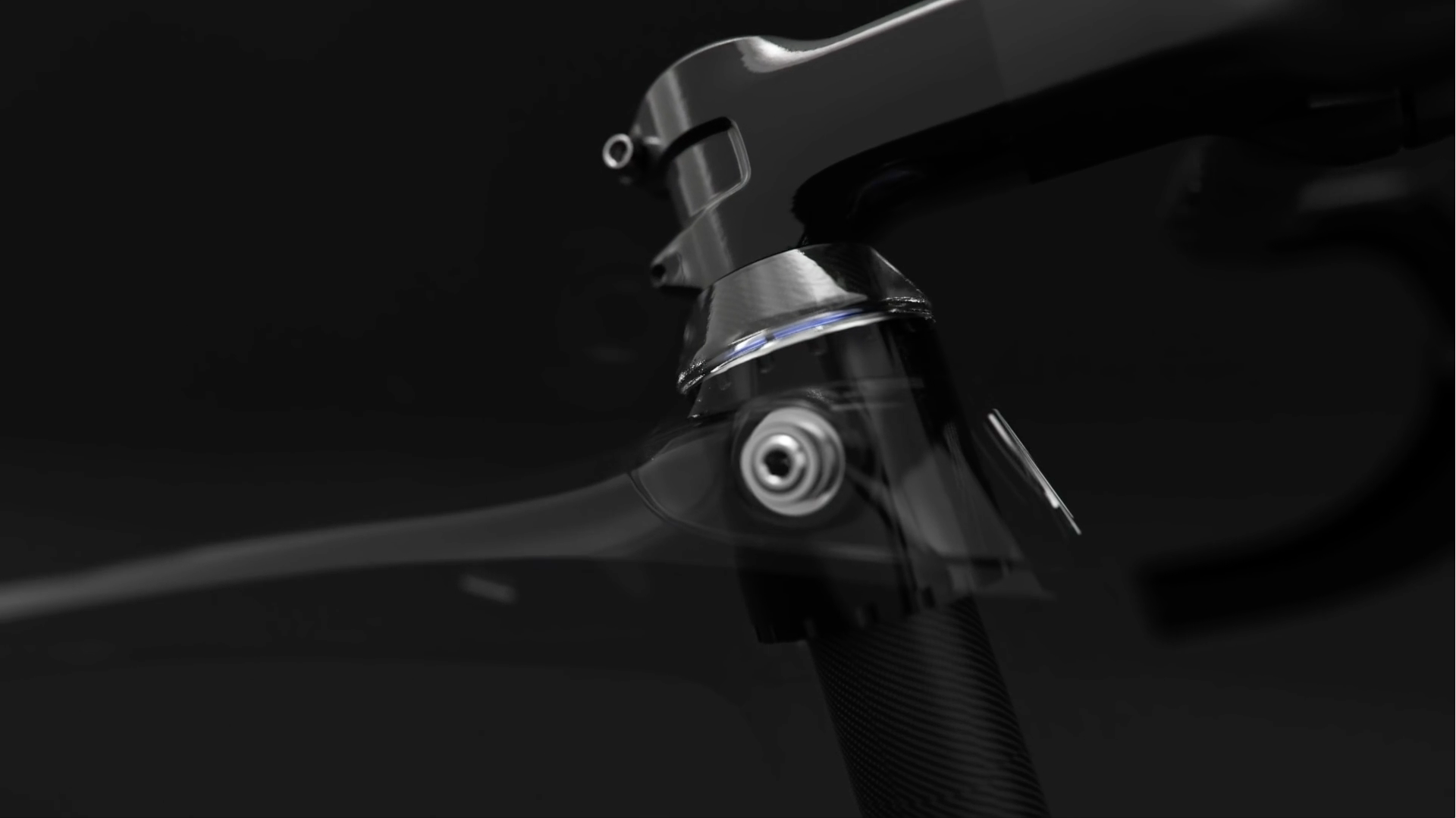Dozens—possibly hundreds—of ideas to solving the stiffness vs. compliance tradeoff have been tried and tested with various results, including numerous vibration damping materials and suspension systems. But for all the attempts, noble though they may have been, no options were both effective and efficient to the more discerning tastes of experienced riders. Until 2012. Until IsoSpeed.
IsoSpeed challenges the traditional design of a bicycle frame. Devoid of the more favored approaches to the compliance quandary (such as suspension systems, elastomers, or a vibration damper), IsoSpeed maintains the diamond-shaped frameset geometry but “decouples” the seat tube from the top tube, allowing the seat tube to flex with the forces of the road. The result is a bike that moves with the road while maintaining the feel and efficiency of the traditional race bike design.
This “decoupling” is achieved in two manners, depending on the bicycle model. Both methods are equally effective in delivering a significantly more compliant ride quality.
What does it do?
IsoSpeed diminishes the fatiguing impacts of the road, allowing the rider to remain fresher longer.
SaveSave

